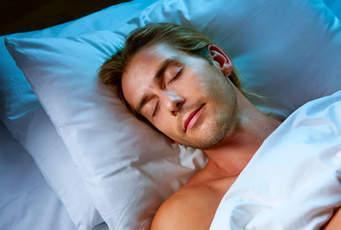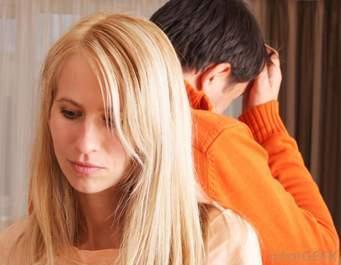Sleep is a fundamental process for optimal body function, and there are various gender differences in sleep patterns. Adequate sleep allows you to feel and perform better during the day. If you lack the right bedding, you experience disrupted sleep, and the results can be catastrophic. But, you don't need to fret, the reason? We have a list of mattress coupons that gives you the chance to save big on your next mattress purchase.
Does gender affect sleep? Check out some intriguing facts:

1. Men get less sleep than women.
Men get less and lower quality sleep than women. They also endure lighter sleep marked by less time spent in deeper sleep stages and lower sleep efficiency. Often, they report getting less sleep than women.
2. Men experience fewer sleep disruptions.

Although men have lesser sleeping hours and spend less time in deep sleep, they tend to sleep better than women. When you compare insomnia by gender, men have a higher quality of sleep, and they are less likely to suffer from insomnia.
There's a link between hormones and rest, with notable hormonal milestones in a woman's life, women are prone to lack of sleep than men. Mood disorders are also to blame since women tend to suffer anxiety and depression more, which all result in lack of sleep.
3. Men have a higher risk of sleep apnea.
Sleep apnea is a severe sleep disorder whereby breathing stops and starts repeatedly. Obesity significantly raises your chances of getting sleep apnea. Fat deposits around your upper airway can hinder your breath, and men are more likely to suffer sleep apnea than women.
Men also have thicker necks and accumulate massive amounts of fat around the throat; this heightens the risk of the airway getting obstructed as they sleep. As a result, they are more likely to suffer from sleep apnea than women.
If you experience sleep apnea, you might as well be at risk of severe undiagnosed sleep disorders. So, consider going for regular checkups to detect any other complications you might be having.
4. There's a link between sleep and sexual dysfunction.
Various factors can cause impotence problems in men. Some ailments like; diabetes, heart disease, and psychological issues like stress and depression can all affect your sexual interest.
Obstructive sleep apnea arises when the tissue at the rear of the throat collapses and restrains your airway; making it impossible to sleep soundly. Moreover, men suffering from sleep apnea are likely to have erectile dysfunction. The generation of testosterone happens at night.
So, lack of adequate sleep due to sleep apnea can result in decreased testosterone levels leading in weak erections and diminished libido. Studies have shown that the chances of having obstructive sleep apnea heightened with the severity of erectile dysfunction.
Additionally, lack of sleep often results in stress and fatigue, which may worsen sexual problems. It's also possible that men suffering from sleep apnea lack sufficient oxygen as they sleep. Oxygen is necessary for robust erections, and any deficiency may cause problems.

5. There's a link between urological problems and lack of sleep.
Men suffering from urological problems usually endure from depression and sleep disorders. Likewise, those with enlarged prostrate have to get up regularly at night to urinate. A study conducted on 124 male patients who visited a men's health clinic in the United States illustrated that there's a link between urologic disease and mood disorders.
Depression, sleep apnea, and insomnia were all prevalent in older patients who were either overweight or suffered from lower urinary tract infections. These issues were also prevalent among patients who didn't produce satisfactory amounts of the male testosterone hormone.
Final ThoughtsYou can significantly enhance the quality of your sleep by cultivating good sleeping habits. These are like; keeping a regular sleep schedule, creating a tranquil sleeping environment, switching off electronics before bed, and getting the recommended sleep hours. In case all these don't work, talk to your doctor about the possibility of sleep disorders.

